Are We The Cause?
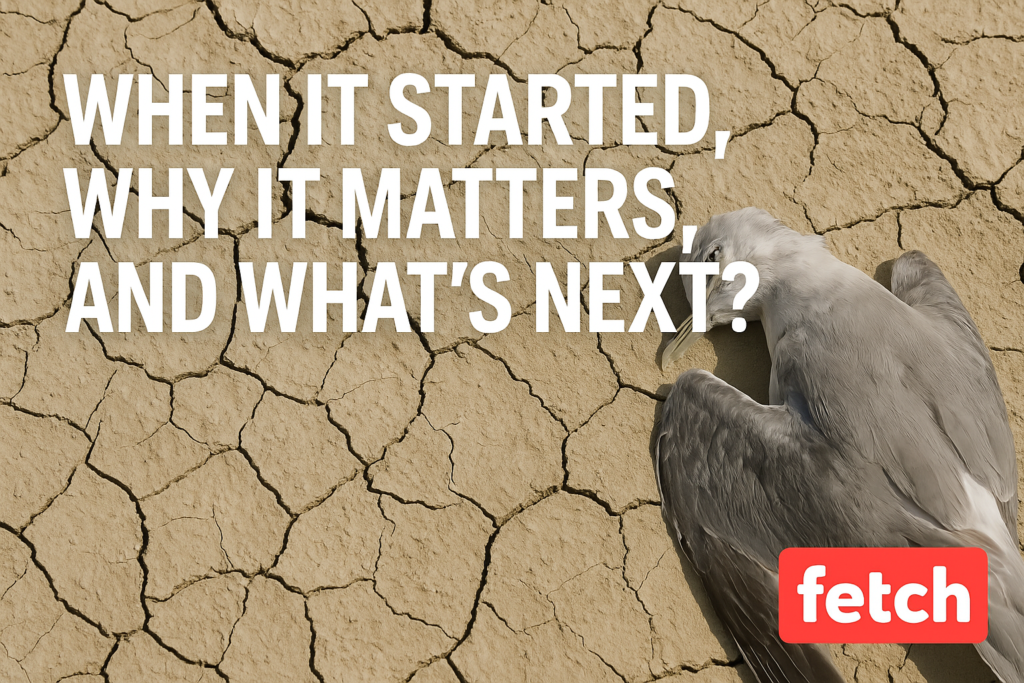
The idea of a sixth mass extinction might sound dramatic, but it’s a real and urgent crisis that scientists say is unfolding right now. Unlike the previous five mass extinctions in Earth’s history, which were triggered by natural disasters like asteroid impacts or volcanic eruptions, this one is largely driven by us: humans. Let’s break down what the sixth mass extinction is, when experts believe it began, and why its significance goes far beyond just the loss of a few animal species.
What the Sixth Mass Extinction Means
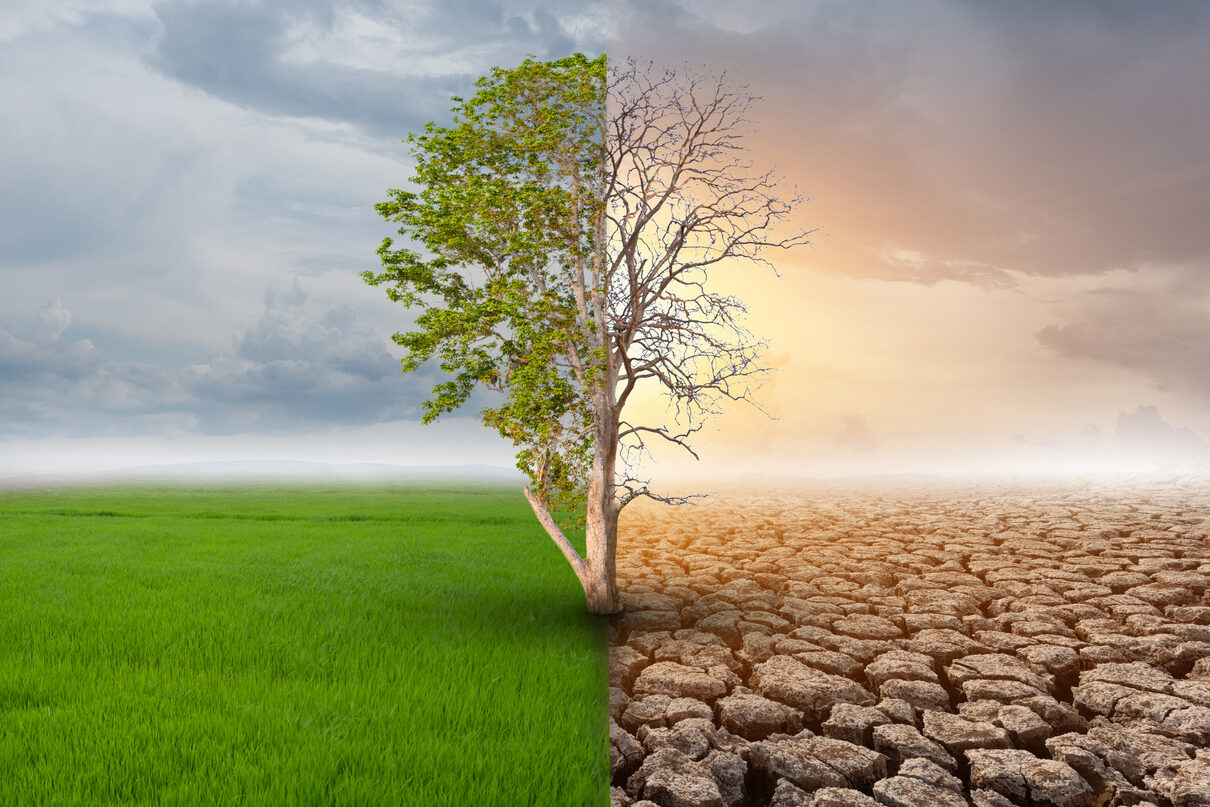
When scientists talk about a mass extinction, they mean a period in which a huge number of species-plants, animals, fungi, and even microbes disappear in a relatively short geological time frame. The sixth mass extinction, also known as the Holocene or Anthropocene extinction, is defined by a rate of species loss that’s 100 to 1,000 times higher than what would naturally occur. This isn’t just a slow trickle; it’s a rapid die-off that’s already affecting everything from frogs and birds to ancient trees and coral reefs.
Source: mossy.earth
When Did This Crisis Begin?
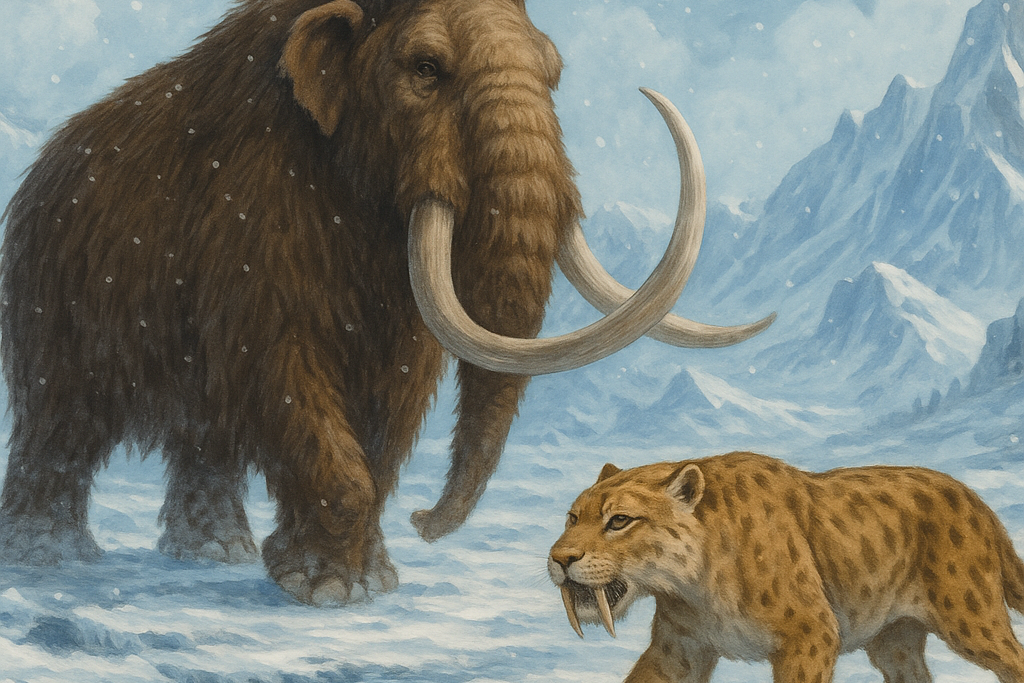
While there’s some debate about the exact starting point, most researchers trace the roots of the sixth mass extinction back to the end of the last Ice Age, around 12,000 years ago, when humans began to spread across the globe and change landscapes through hunting, farming, and later, industrialization. The extinction rate really accelerated in the past few centuries, especially since the Industrial Revolution, when human population and consumption exploded. Evidence from fossil records and historical accounts shows that large animals, or megafauna, started disappearing from continents soon after humans arrived-think mammoths in North America and giant birds in New Zealand.
Source: ebsco.com
Human Activities Are the Main Drivers
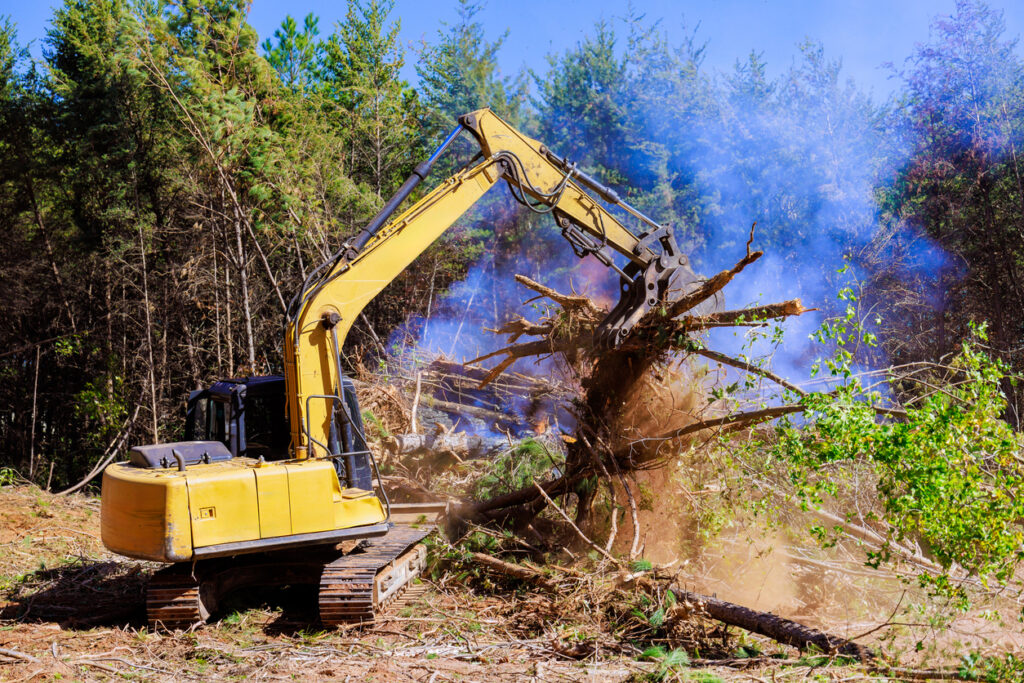
Unlike the asteroid that wiped out the dinosaurs, the sixth mass extinction is fueled by a combination of human actions. The biggest culprit is habitat destruction-clearing forests for farms, cities, and roads, which leaves countless species homeless. Pollution, from plastics in the ocean to pesticides in the soil, poisons wildlife and disrupts delicate food webs. Overhunting and overfishing are pushing species like rhinos, elephants, and many fish to the brink. Climate change, caused by burning fossil fuels, is making the planet hotter and less hospitable for many creatures, melting polar ice, bleaching coral reefs, and shifting weather patterns faster than most species can adapt.
Source: bio.libretexts.org
The Loss of Biodiversity Hurts Us All
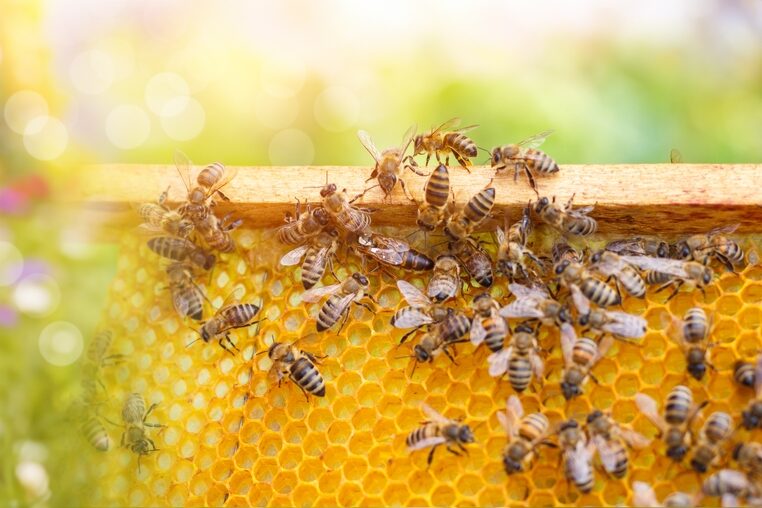
It’s tempting to think of extinction as something that only affects rare animals in far-off places, but the truth is, biodiversity loss impacts everyone. Healthy ecosystems provide us with clean air, fresh water, fertile soil, and even medicines. When species vanish, ecosystems become less stable and resilient, making it harder for nature to bounce back from disasters. For example, losing bees and other pollinators threatens the crops we rely on for food, while the decline of forests and wetlands makes floods and droughts more severe.
Source: en.wikipedia.org
Why This Extinction Matters for the Future

The sixth mass extinction is a warning sign for humanity. The rapid loss of species means we’re also losing genetic diversity, which is crucial for adapting to changing environments. Once a species is gone, it’s gone forever, and the ripple effects can be unpredictable and far-reaching. Scientists warn that if current trends continue, up to one million species could disappear in the coming decades, reshaping life on Earth in ways we can’t fully predict. But it’s not too late: by protecting habitats, reducing pollution, and making more sustainable choices, we can slow or even halt this crisis.
Source: worldwildlife.org
The fate of the world’s species is tightly linked to our own survival and well-being. If you want to be part of the solution, consider supporting conservation efforts, reducing your ecological footprint, and spreading the word about why biodiversity matters. Every action counts. Follow us for more earthly updates, Thank You!


